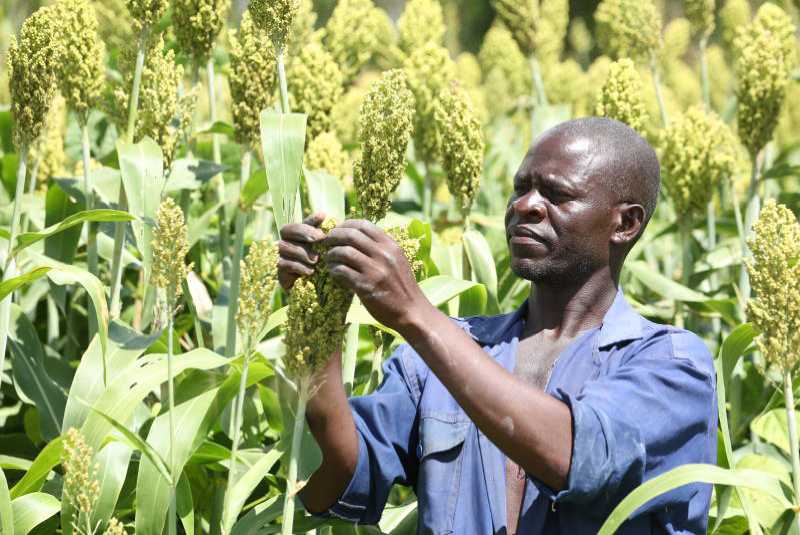×
The Standard e-Paper
Smart Minds Choose Us

More than 15,000 farmers contracted to supply the Kenya Brewery Limited plant with sorghum are angling for bigger returns following plans to mechanise farming.
With a ready market for more than 15,000 tonnes of sorghum at the keg brewery annually, aggregators appointed to bulk the grain used in brewing keg beer have roped in the World Food Programme (WFP), the Cereal Growers Association (CGA) and financial lenders to improve productivity.